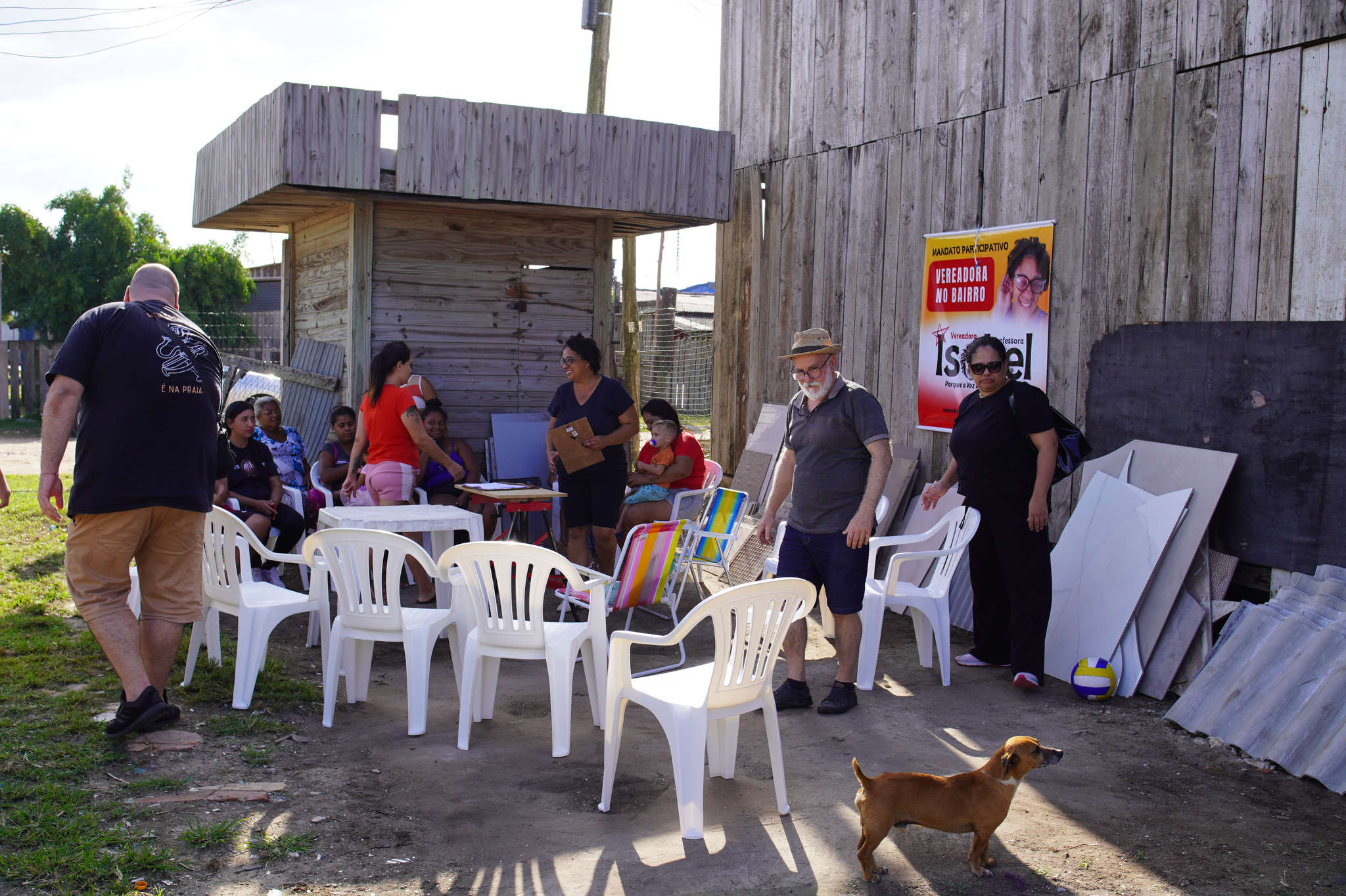São Paulo, Brazil – Systemic fraud undermines gender quotas designed to increase the number of women in Brazilian politics. The political parties that support men also proposed “ghost candidates” – women who appear on the ballot but never campaign, and who often never vote for themselves.
Out of hundreds of thousands of candidates in the municipal elections in 2024, Global Press Journal noted that 1,823 received no vote – a key red flag. In the state of São Paulo only, 81 cases are the subject of an investigation before the courts of first instance and 103 are on appeal. The authorities have not revealed how many ghost candidates are the subject of an investigation by the federal police, the regional electoral courts or the office of the electoral prosecutor.
There are few reasons for political parties to comply with the law; The congress concluded agreements and loopholes following the 2022 elections to allow many people involved to escape the consequences.
“Each year, the leaders are forgiven, so they do not bother to increase the participation of blacks and women,” explains Luciana de Oliveira Ramos, researcher in constitutional law and political scientist of the Getúlio Vargas Foundation.



A ghost on the ballot
These candidates from ghost women, generally orchestrated by party leaders, to comply with legal requirements, allow political parties to meet compulsory quotas on paper while ensuring that male candidates continue to dominate the results of the elections. Brazil has introduced its current quotas system, which requires that at least 30% of the candidates are women in 1997. But it was not until 2018, when the country adopted legislation to demand that 30% of public funding and advertising be allocated to women candidates, that the authorities had the means to identify and treat quota escape tactics.
In Osório, a city in southern Brazil, a case stood out. Elisandra Tavares de Oliveira, a candidate from the right -wing progressive party, received no vote – not even his. The files show that it reported 1,029 Brazilian reais (around US $ 184) in campaign donations and spent 600 reais (US $ 107) in legal and accounting costs. Although her candidacy existed on paper, she never campaigned. Oliveira did not respond to requests for comments.
In Eldorado, the hometown of former president Jair Bolsonaro, the courts issued one of the most difficult electoral sanctions in the country: the cancellation of all the votes expressed for a Brazilian democratic movement ticket which had presented 10 candidates in total. Two people related to the program, including an exercise advisor, were prohibited from politics for eight years. However, such sanctions are often canceled by legislative exceptions, and it is likely that these penalties will not be applied.
Person of the progressive party or the Brazilian democratic movement has responded to the repeated requests for the interviews with the World Press Review.



Modest gains for women
Despite the setbacks, women experienced a slight increase in representation in the 2024 elections. About 10,500 women were elected municipal councilors, representing 18% of the total – an increase of 16% in the previous elections, although well below the proportional representation in a country where women represent more than half of the population.
Isabel Silveira Dos Santos, a 58-year-old retired teacher and a member of the Center-left Workers’ Party, was part of this modest progress. She became the most voted councilor in Osório in 2024, breaking a period of 12 years without any woman on the municipal council.
Although she believes that gender quotas are important, she says they cannot solve the problem.
“Sexism permeates each party,” she says. “They prefer to invest in men.”
